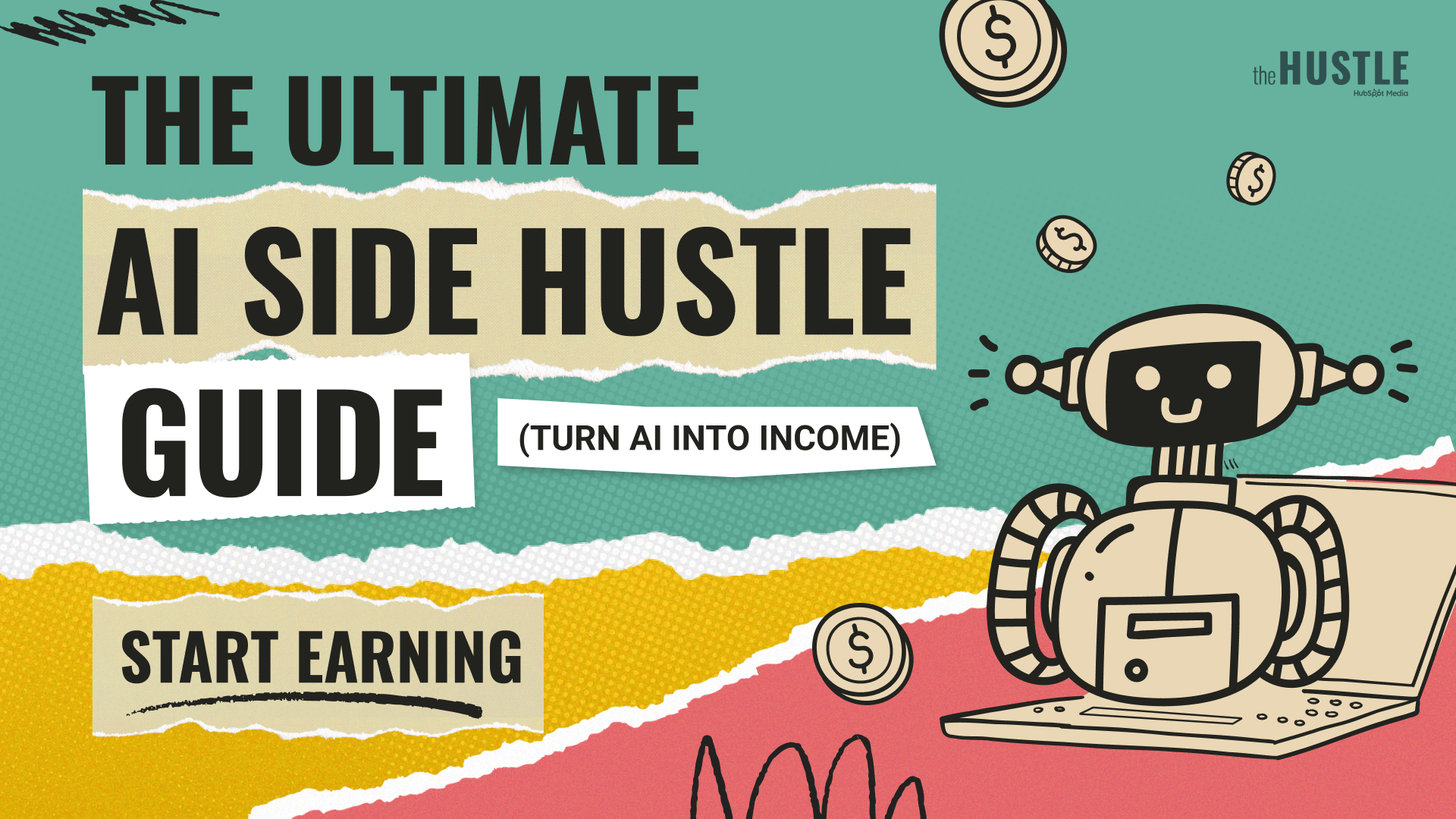- Generative AI Art
- Posts
- Google's AI discovers new cancer therapy
Google's AI discovers new cancer therapy
PLUS: Windows gets an AI and NVIDIA open-sources its playbook
Researchers at Google and Yale have demonstrated AI's potential for genuine scientific discovery. Their Gemma-based model identified a novel cancer therapy pathway, a finding that has now been successfully validated in a lab.
This moves AI's role beyond generating text and images into the realm of foundational science. As these systems scale, could we be on the verge of AI-driven breakthroughs becoming a regular occurrence in medicine and other scientific fields?
Today in AI:
Google's AI finds a new cancer therapy
Microsoft gives AI the keys to Windows
NVIDIA open-sources its AI playbook
PRESENTED BY THE HUSTLE DAILY
200+ AI Side Hustles to Start Right Now
From prompt engineering to AI apps, there are countless ways to profit from AI now. Our guide reveals 200+ actionable AI business models, from no-code solutions to advanced applications. Learn how people are earning $500-$10,000 monthly with tools that didn't exist last year. Sign up for The Hustle to get the guide and daily insights.
What’s new? Researchers from Google and Yale used a Gemma-based AI to discover a previously unknown cancer treatment pathway, which was then validated in living cells.
What matters?
The AI system, C2S-Scale 27B, interprets cellular data like a language to predict how cells will behave and respond to treatments.
It identified the drug silmitasertib as a compound that helps the immune system find cancer cells, a function never before linked to the drug.
Laboratory tests confirmed the AI's prediction, showing the drug combination made tumor cells approximately 50% more visible to immune defenses.
Why it matters?
This breakthrough shows AI's capacity for genuine scientific discovery, moving beyond its role in generative content. As research suggests biological models follow scaling laws, we can anticipate more significant medical progress as these AI systems grow in power.
CHEATSHEET
PRESENTED BY SURF LAKES
When Thor Speaks, Investors Pay Attention
Hollywood legend Chris Hemsworth has surfed the best waves on the planet, and he’s only the latest superstar to be wowed by Surf Lakes’ technology. Their patented wave tech is built to bring ocean-quality surf to cities worldwide, for all skill levels. And it’s a major untapped opportunity in surf tourism: a $65B global industry. Invest in Surf Lakes by 10/30 at 11:59 PM PT.
This is a paid advertisement for Surf Lakes’ Regulation CF offering. Please read the offering circular at https://invest.surflakes.com
What’s new? Microsoft is deeply integrating its Copilot assistant into Windows 11, giving it system-level permissions to control apps, manage files, and see what's on your screen.
What matters?
The integration creates a new conversational interface, allowing you to give commands and let the AI see your screen to act on files and applications directly.
Microsoft's vision is to make every Windows 11 computer an 'AI PC', changing the operating system from a passive platform into an active partner.
While the update promises a major boost in efficiency, it introduces a significant privacy trade-off that hinges on users trusting the AI with unprecedented access.
Why it matters?
This move signals a major shift in personal computing, turning the OS from a passive tool into a proactive assistant. The success of this vision will depend entirely on whether users are willing to trust an AI with deep access to their digital lives.
What’s new? In a major strategic shift, NVIDIA is open-sourcing its complete collection of AI development tools, including models, training data, and algorithms, making them available for free.
What matters?
The release gives developers access to the entire AI cookbook that powers NVIDIA's own internal development, showing them exactly how to build and run high-performance models.
This move enables professionals and businesses to run powerful AI on your own hardware, ensuring data privacy and control by eliminating the need to send information to the cloud.
The release includes specialized models for a range of applications, such as the humanoid foundation model for robotics, Project GR00T.
Why it matters?
This gives developers unprecedented access to build powerful, private AI systems without depending on large cloud platforms. The move fosters a more open ecosystem, potentially accelerating AI adoption and innovation across industries.
Everything else in AI
OpenAI dropped its new AgentKit, an integrated toolkit designed to help developers build, test, and evaluate autonomous AI agents.
Uber launched a pilot program that will pay its drivers to perform data labeling microtasks, turning its workforce into AI trainers.
Andrej Karpathy released nanochat, a full-stack open-source implementation for training ChatGPT-like models for as little as $100 on a single 8xH100 node.
Essential AI Guides - Reading List:
Let us know!
What did you think of today's email?Before you go, please give your feedback to help us improve the content for you! |
Work with us
Reach 100k+ engaged Tech Professionals, Engineers, Managers and decision makers. Join brands like MorningBrew, HubSpot, Prezi, Nike, Ahref, Roku, 1440, Superhuman, and others in showcasing your product to our audience. Get in touch now →



